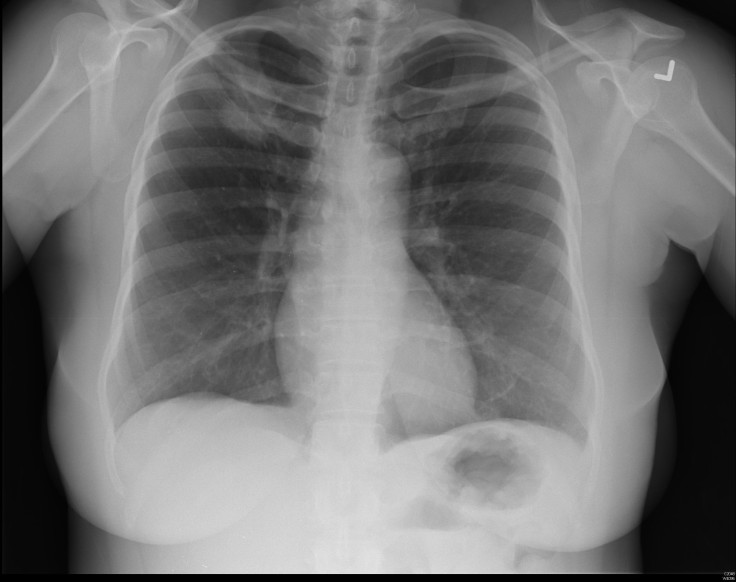Added Calcium Intake Doesn't Reduce Risk Of Osteoporosis Or Fracture — It May Even Be Harming Your Bones

I remember being told time and again as a child, "Drink lots of milk if you want strong bones!" Milk was chock full of calcium, the thinking went, so wouldn’t it make sense that it would help my bones grow big and strong? But, as a new study points out, excessive calcium isn’t necessarily a good thing. In fact, too much calcium could be harmful to your bone health.
The Study
A team of New England researchers took the calcium question head on by analyzing over 100 previous studies on the topic. They found no proof that guidelines suggesting seniors, who are at heightened risk for poor bone health, consume 1,000 to 1,200 milligrams of calcium true bone health benefits. Mark Bolland, an associate professor in the department of medicine at the University of Auckland, said there was no evidence that boosting calcium intake beyond normal levels could strengthen bones. He points out that the team gathered every clinical study on calcium supplements and dietary calcium intake for fractures and bone density.
“Taken together, we think this is the strongest possible evidence that taking calcium supplements will not be beneficial unless there are clear medical reasons that a calcium supplement is needed,” he told Health Day.
The team looked at studies of both calcium supplements and dietary calcium (milk, dairy products), and how a patient’s calcium routine affected fracture risk. The team found that most analyses assessing relation between dietary calcium intake and fracture risk found no associations — patients with higher levels of calcium intake did not necessarily have a lower risk of fracture. The studies on calcium supplements were inconsistent, and researchers could still find no proof extra calcium could help diminish the risk of fracture.
Extra Calcium: Beneficial, Useless, or Harmful?
Superfluous calcium may not be strengthening our bones, but could it actually be hurting them?
Dr. Karl Michaelsson, the author of an editorial accompanying the reviews, says more calcium supplementation is not necessary and can lead to “more hip fractures and an increase in the risk of a cardiovascular disease.”
Calcium supplements are the most common way to go over a typical calcium intake, but overloading on dietary calcium isn’t a great idea either.“When you eat a protein food, such as milk, you may be swallowing calcium, but you turn around and excrete calcium in your urine,” Dr. Donna Herlock, spokesperson for the Committee for Responsible Medicine, told WebMD.
One study even showed that those with the lowest milk and dairy product consumption have the lowest risk of bone fracture. In addition to the reviewed studies finding no evidence that extra calcium helps bones, there is statistical evidence supporting a negative association between this consumption and fragile bones.
It’s important, though, not to disregard calcium altogether, as it’s still an important mineral for our bodies. Popular culture associates milk and bones, but calcium also helps our blood clot, muscles contract, and the nervous system send messages. It is the excess consumption in hopes of building crazy-strong bones that can be problematic.
Michaelsson suggests clinicians and researchers remember this.
“Move the focus from a general recommendation to increase intakes of calcium and vitamin D to very high levels,” he suggested. “Instead, define a valid insufficiency level for calcium intake and to better determine low vitamin D status.”
So yes, kids, drink your milk. You just don’t need to worry about getting more than necessary.
Sources: Bolland M, Leung W, Tai V, Bastin S, Gamble G, Grey A, et al. Calcium intake And Risk Of Fracture: Systematic Review. The BMJ. 2015.
Michaelsson K, Wolk A, Langenskiold S, Basu S, Warensjo Lemming E, Melhus H, et al. Milk Intake And Risk Of mortality And Fractures In Women And Men: Cohort Studies. The BMJ. 2015.



























